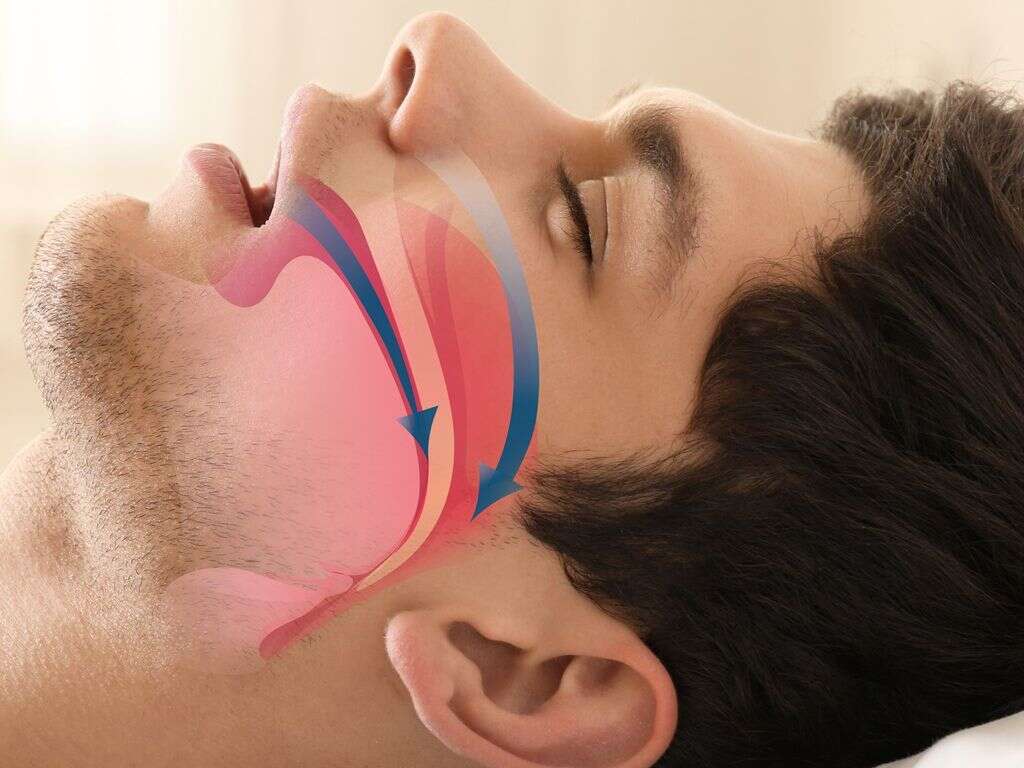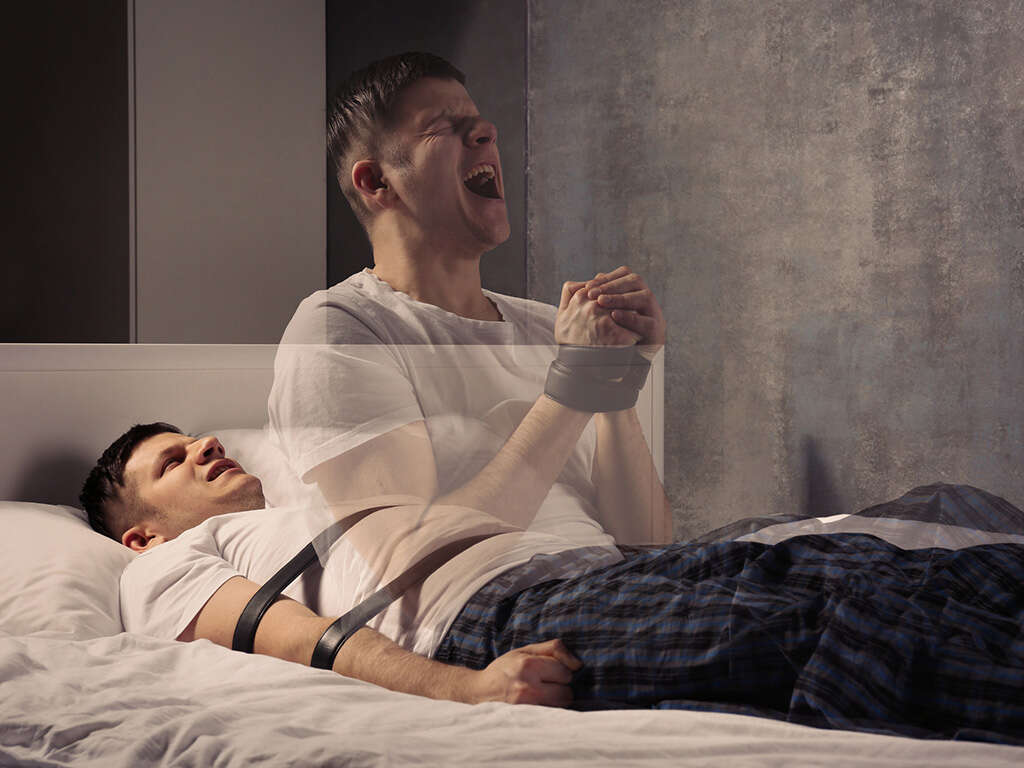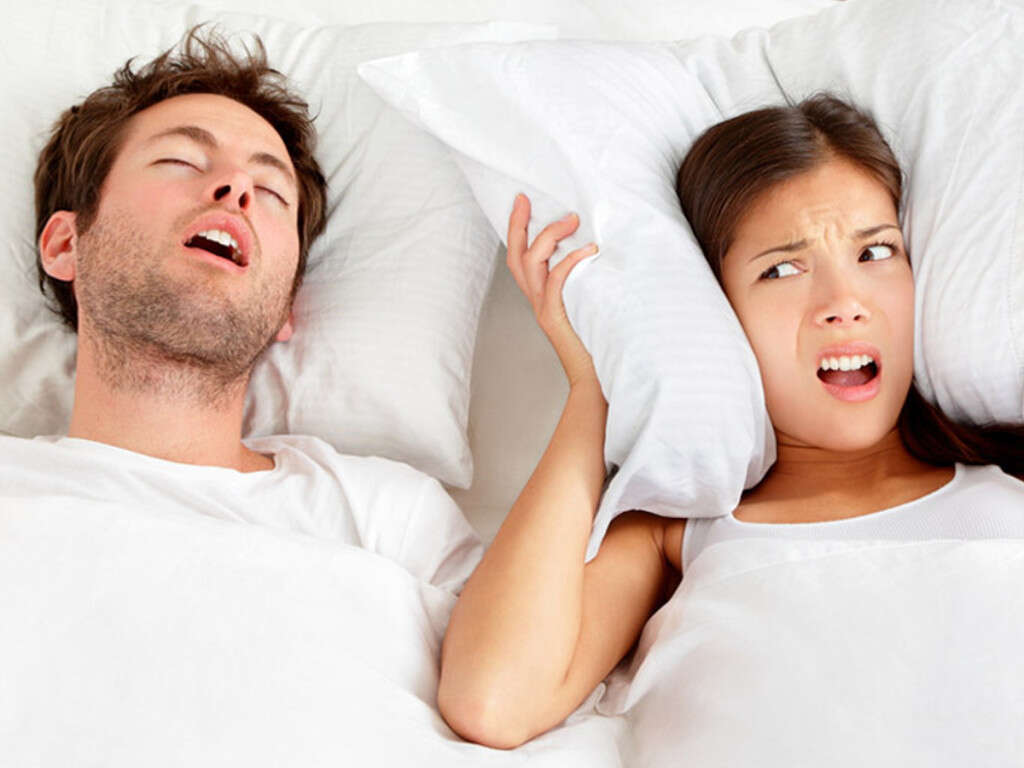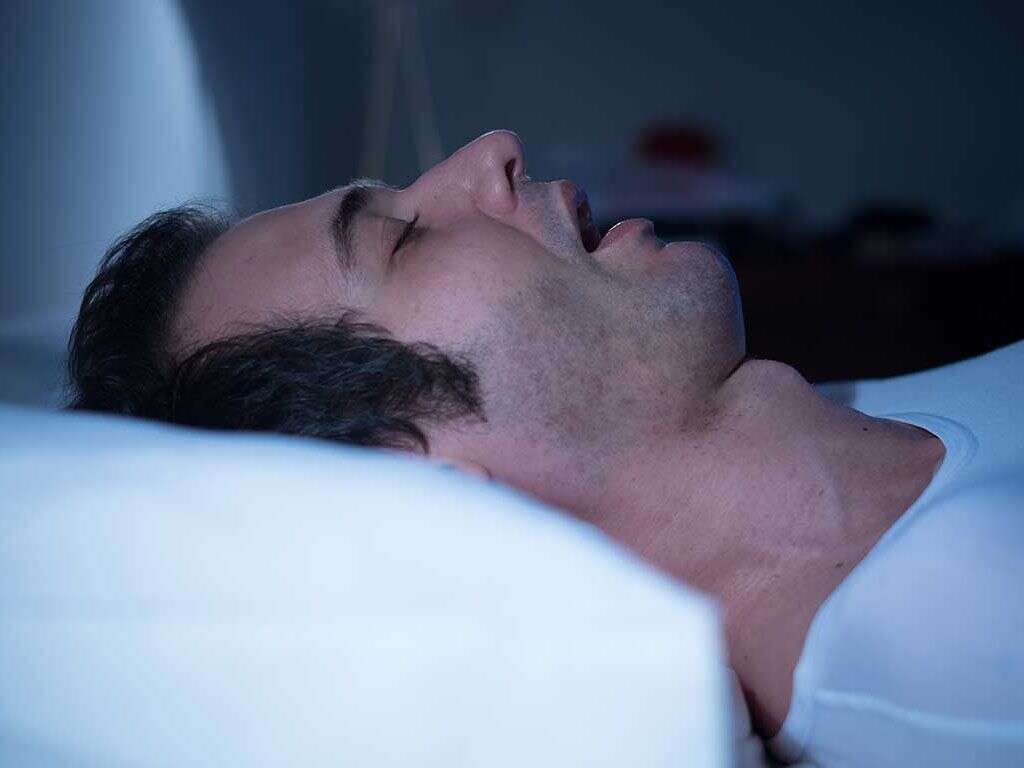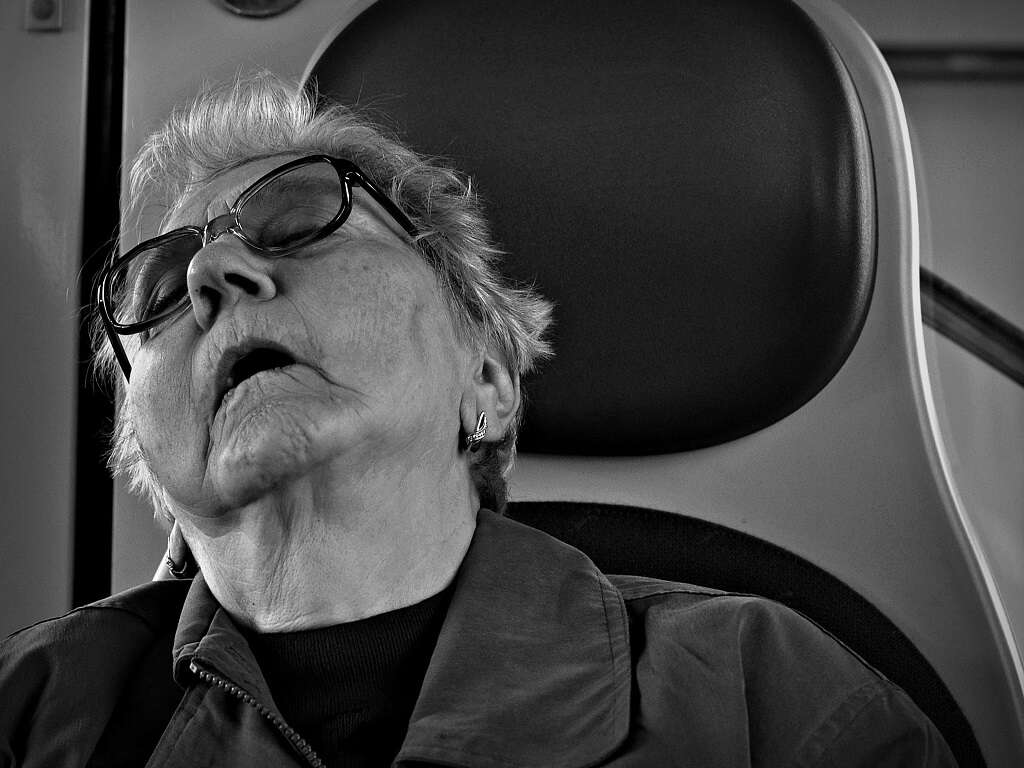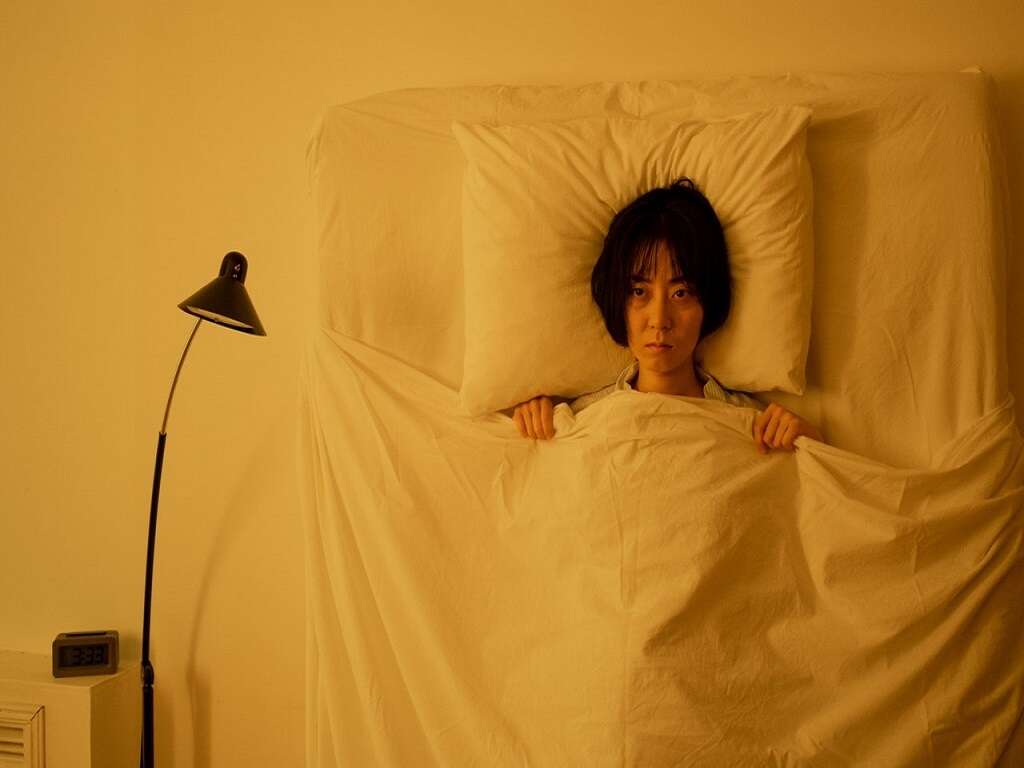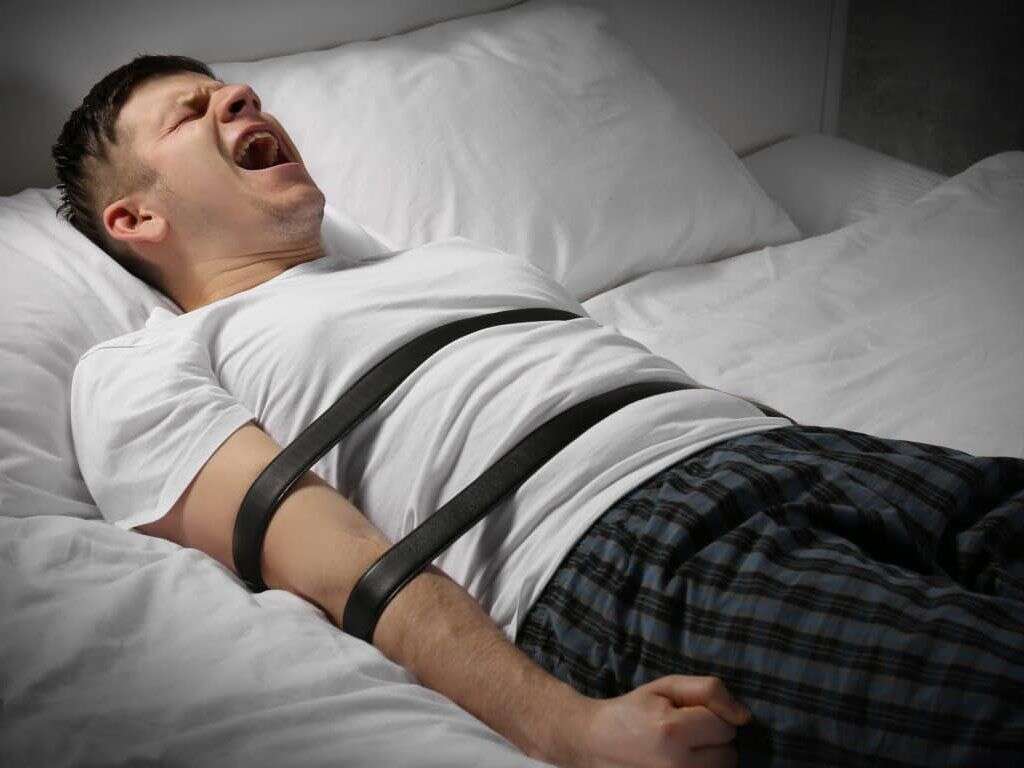10 Causes of Sleep Apnea
Sleep is very important for everybody. If we don’t get enough sleep then we can struggle to perform even simple tasks the next day and our mood can also be affected considerably. Extended periods of sleeplessness are likely to cause acute problems, severely affecting our mental health.
Sleeping is easier for some people than others, though. Some people can struggle to fall asleep no matter how tired they may be. Others will have difficulty sleeping deeply enough and some will find their sleep is often disturbed. Sleep apnea is a condition where people often wake in their sleep because they are unable to breathe. There are various causes of this, along with various remedies.
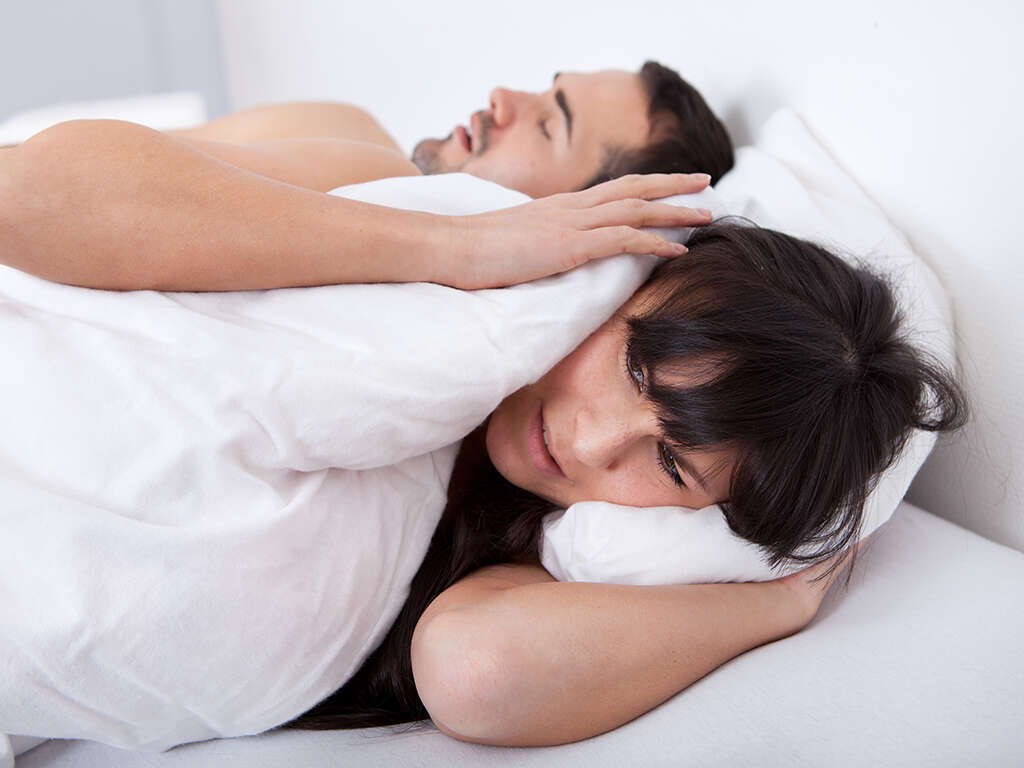
Cause #1: Central Sleep Apnea
Obstructive sleep is when the patient’s breathing is interrupted by a physical blockage in the airways, and there are many potential reasons for this. Central sleep apnea is different in that it is caused within the brain and not by an obstruction. Basically, the brain fails to tell the muscles that they need to be working to help us breathe.
Central sleep apnea is often treated with medication but other more direct methods are also sometimes used. One example is continuous positive airway pressure (CPAP), which uses air pressure to keep the airways open. Central sleep apnea can be fatal, particularly in the very old and sick, so it is something that needs to be taken seriously.

Cause #2: Excess Fat
Being obese holds numerous negative health implications. Those we hear about most often include a high blood pressure and the potential for heart disease. Others, though, tend not to get mentioned so much even if they can seriously affect the patient’s quality of life. One potential symptom of obesity is sleep apnea.
With excess fat in the body, the passageways can also become storage for too much fat. This can cause them to be restricted and, sometimes, blocked altogether. This is particularly prevalent in obese people whose necks have grown especially large. This can cause havoc with the patient’s sleeping patterns, potentially wrecking their quality of life.
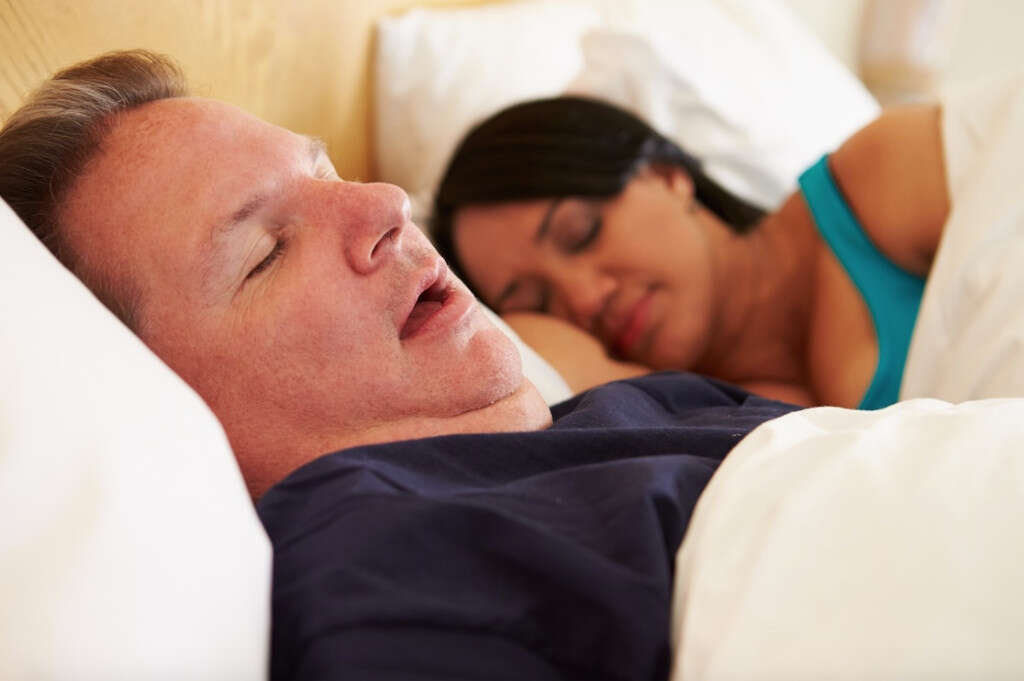
Cause #3: Relaxed Muscles
Our muscles relax when we sleep and this is usually a good thing. It helps to make sure we are well rested so that we feel fresh when we wake the next morning. As beneficial as this is for us, though, it can also be a considerable burden. For some people, the relaxing of the muscles can cause sleep apnea.
If the muscles in and around the patient’s airways relax too much when they are sleeping, this can cause them to collapse inward. This can cause the airways to become blocked, disturbing the patient’s breathing. This can involve the tongue and also the muscles of the airways itself.
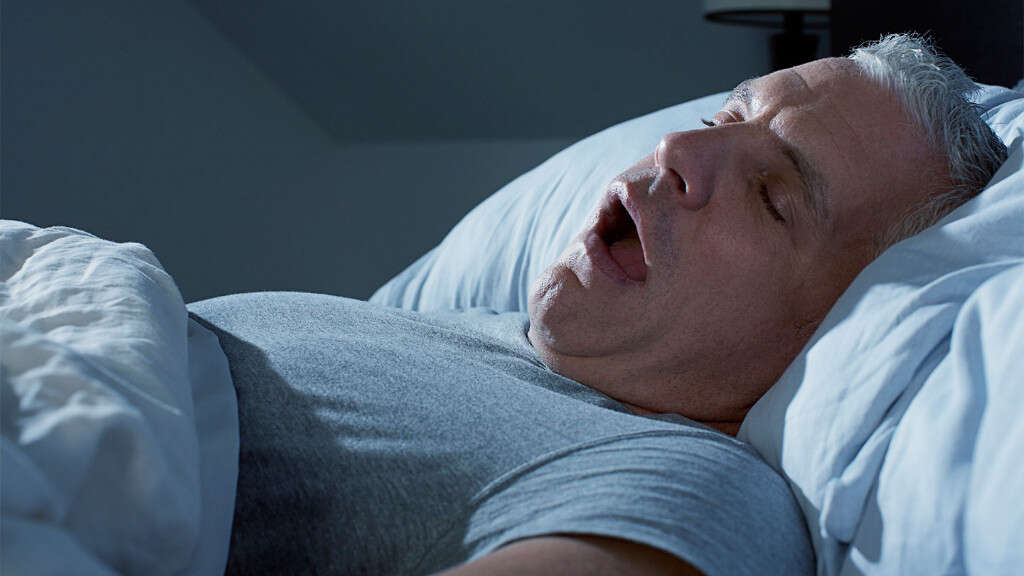
Cause #4: Adenoids and Tonsils
At the back of our throats are glands that help to protect us against infection. They release white blood cells and generally help in the fight against bacteria that enter the mouth. We know them as adenoids and tonsils, and they are often removed at a young age because they are prone to becoming infected.
In some people, these glands are particularly large. They are also made of soft tissue that can easily fall into the passageway, causing it to become blocked. In some cases, a tonsillectomy or adenoidectomy will be performed to help cure sleep apnea. Removal of these glands can also help the patient in other ways.
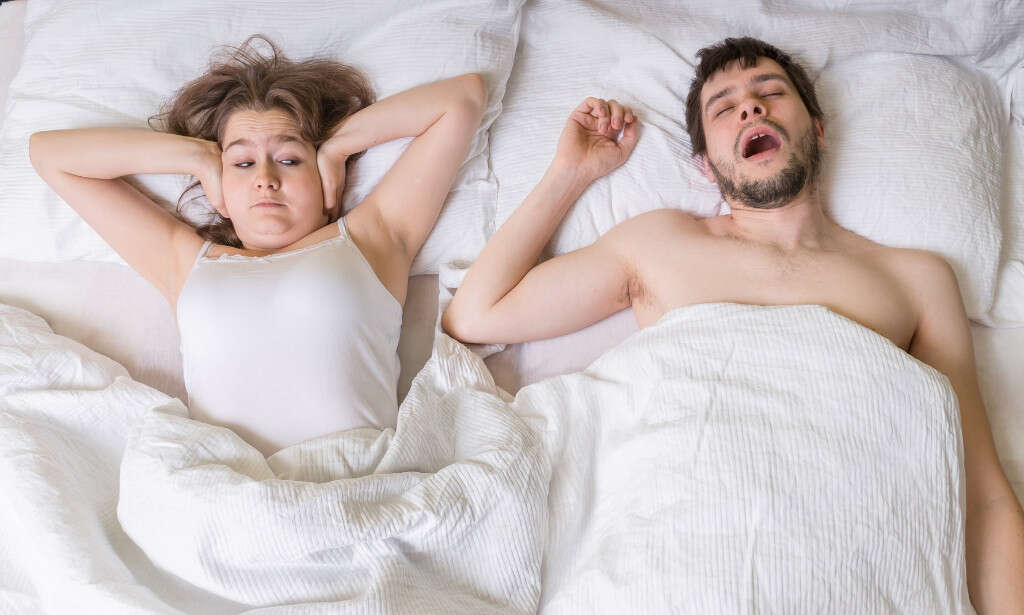
Cause #5: Sleeping On Back
Different people sleep in different ways. Some will curl up into a ball, others on their side and others will sprawl across their bed on their stomach. Another common way to sleep is to lay on your back. Laying on your back can cause problems, though, including sleep apnea.
People with a partner that sleeps on their back will often be kept awake by their snoring. It can sometimes lead to one sleeping in another room so they can get a good night’s sleep. Sleeping on your back could also lead to sleep apnea. It is difficult to prevent sleeping on our back, though, because it is often an involuntary action that occurs while sleeping.
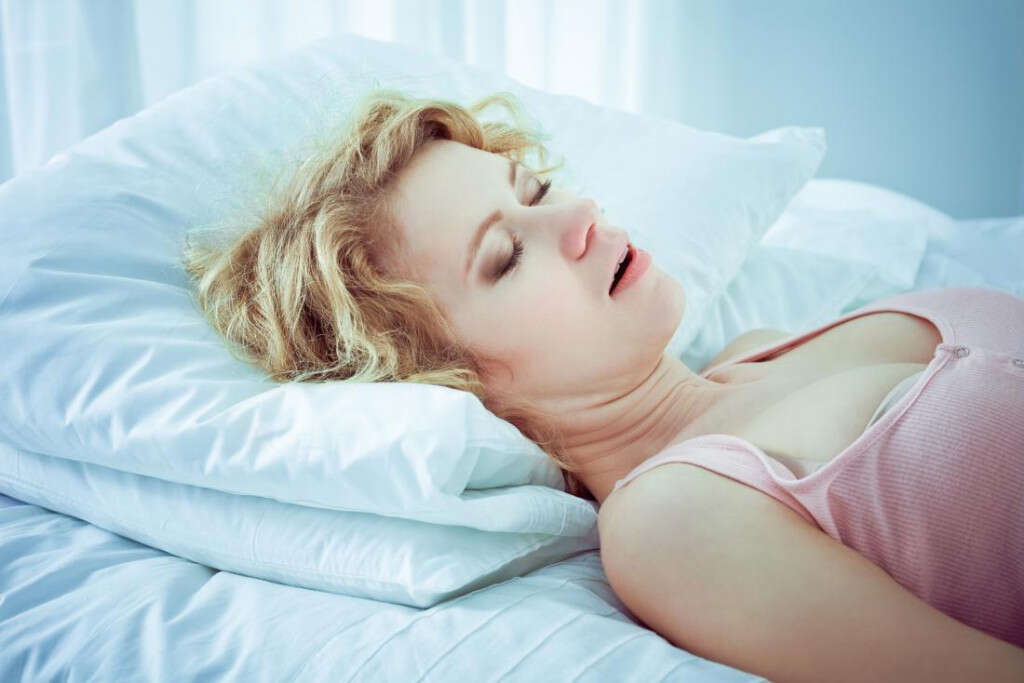
Cause #6: Sinusitis
The sinuses are a system of hollow cavities that are found in the front of the skull. Their purpose is not clear, although there are theories that they can help with speech or humidify the air we breathe. These can become infected, causing a blocked nose, excess mucus, headaches and other symptoms.
Sinusitis is also a fairly common cause of sleep apnea. It is not clear how or why sinusitis causes sleep apnea, although we do know the sinuses are closely linked with how we breathe. A sinus infection will often clear up naturally after a few days or so, although medication can also be used.
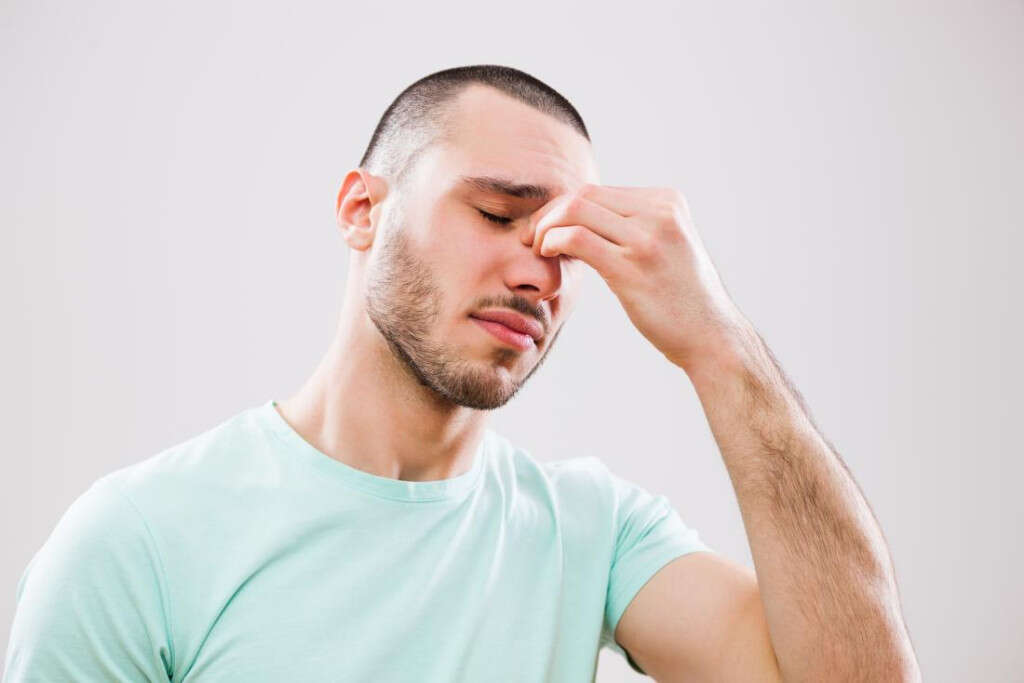
Cause #7: Smoking
The number of people that smoke has declined considerably in recent decades. This is good news because smoking has the potential to cause horrendous health problems in the long term. The risk of cancer is increased while it can also have some effects on the body in the short term.
Smoking can cause the soft tissues at the back of the throat to become inflamed. This reduces the space in the airways which can be reduced to the point of causing sleep apnea. While sleep apnea is in itself a very good reason to quit smoking, there are also numerous other good reasons to kick the habit.

Cause #8: Recessed Chin
A recessed chin is a condition in which the bottom jaw bone is not as far forward as it should be. With access to modern treatment, it is often reasonably easy to treat provided it is caught at a young age. The patient will be given retainers that will help to pull the jaw forward as they develop, encouraging it to develop as it should.
If you do have a recessed chin, then this will restrict the space at the back of the mouth, potentially leading to sleep apnea. Sleep apnea treatments include a mouthpiece that the patient will wear at night regardless of whether or not they have a recessed chin. This mouthpiece helps to keep the jaw forward, creating more space at the back.
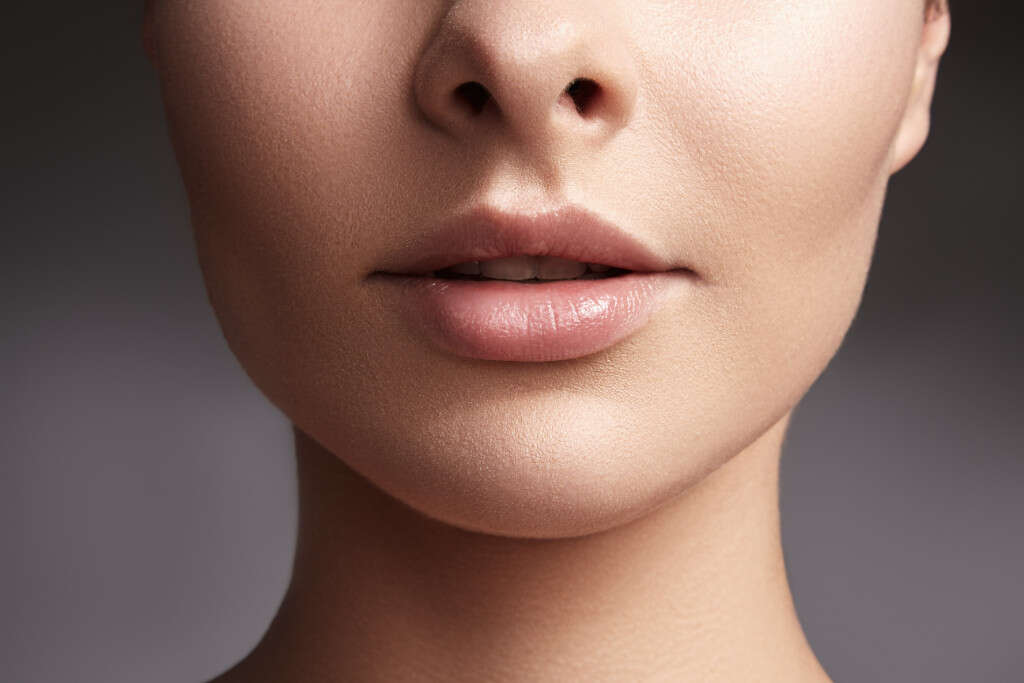
Cause #9: Menopause
As women reach a certain age, their bodies will begin undergoing certain changes. Their hormonal balances will begin to change causing a range of symptoms including mood swings, vaginal dryness, dry skin and irritation of the bladder. It will affect different women at different ages and will affect them in different ways.
Another symptom of menopause is sleep apnea, which is likely to be accompanied by sleeping difficulties in general. Many women choose to try and delay the onset of the menopause and there are various natural remedies available that will help treat symptoms. Hormone replacement therapy is another option taken by many women.
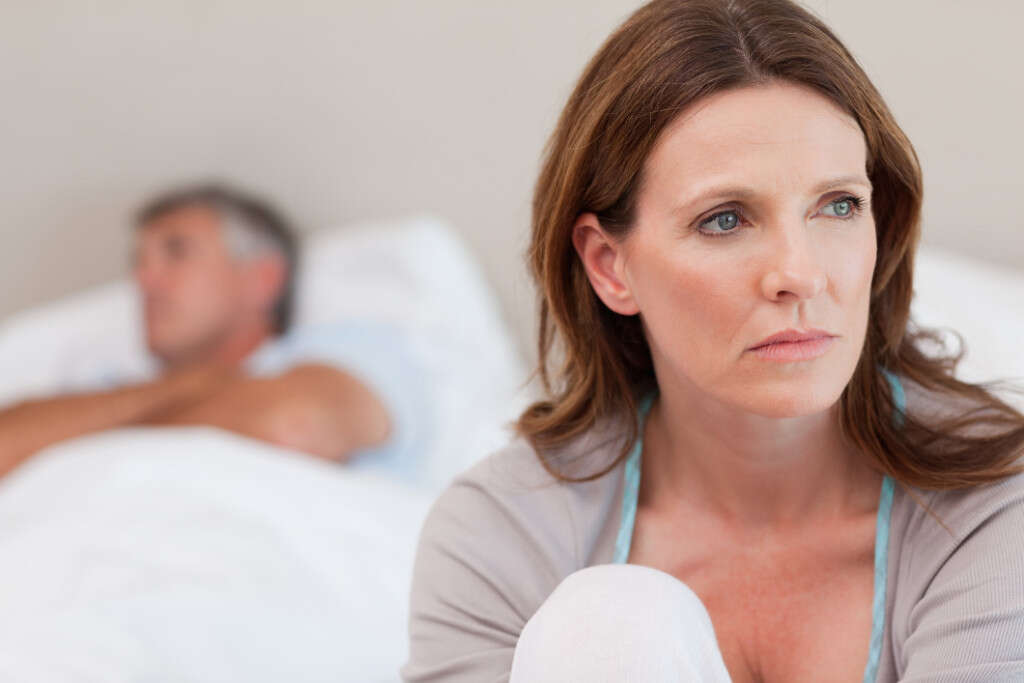
Cause #10: Family History
Much about who we are has been passed down from earlier generations. Our DNA contains information that determines how we grow, how we age and even how we think. This information gives us so many useful attributes that help us to survive and thrive in what can be a tough world. Sometimes, though, it can also provide us with negative characteristics.
If there is a history of sleep apnea in the family then there’s a chance that you could have it too. If you do have sleep apnea then you could try asking family members if they had it and what they did to try and overcome the problem.




